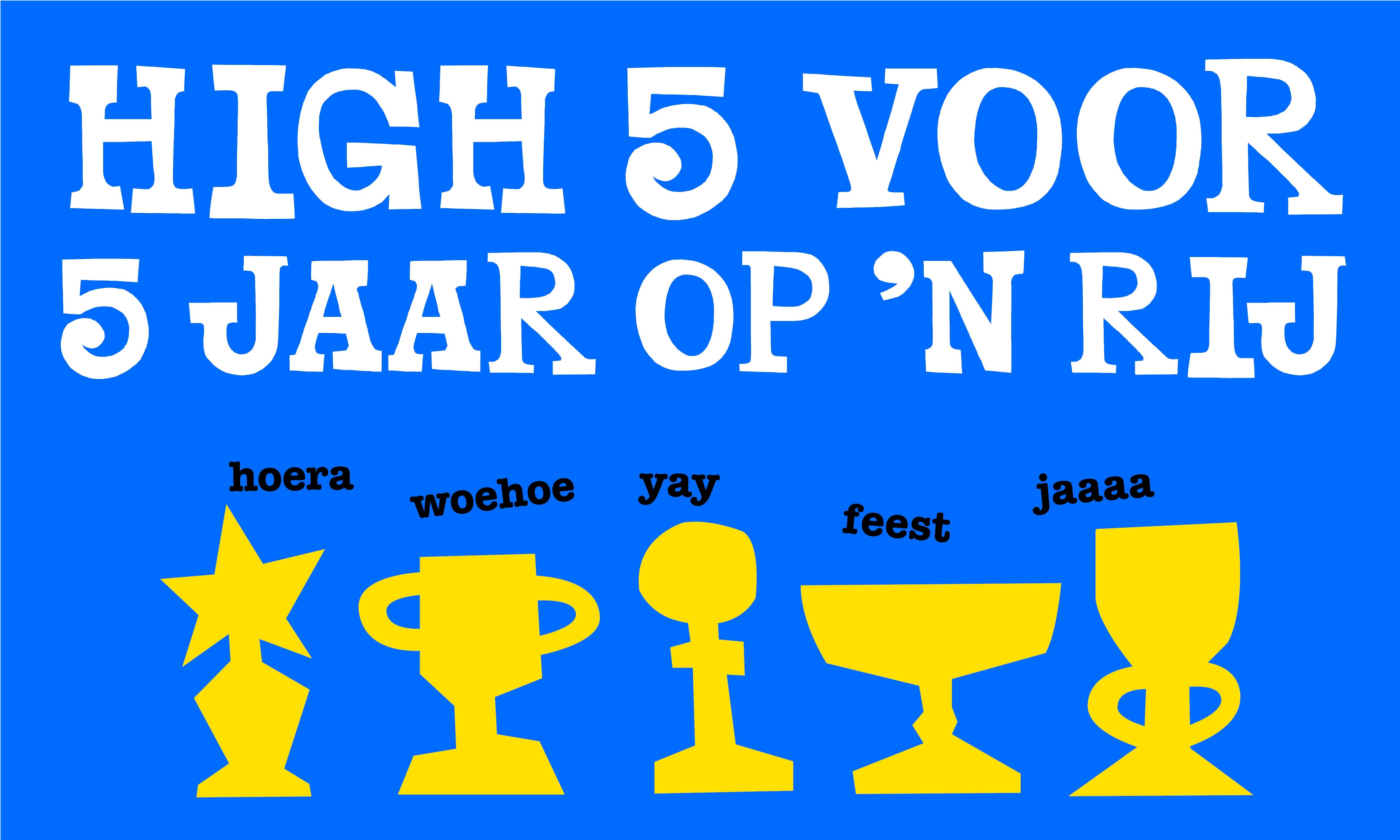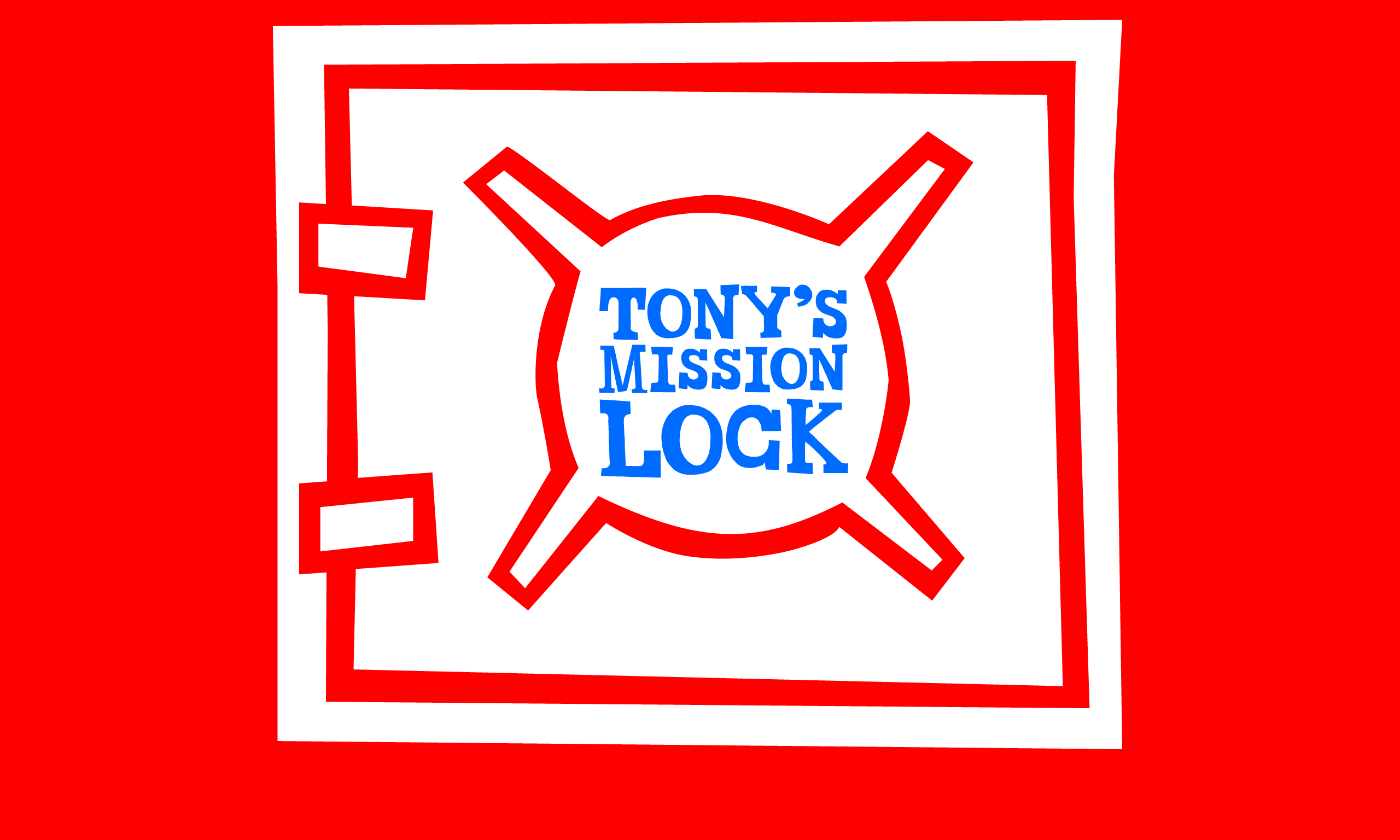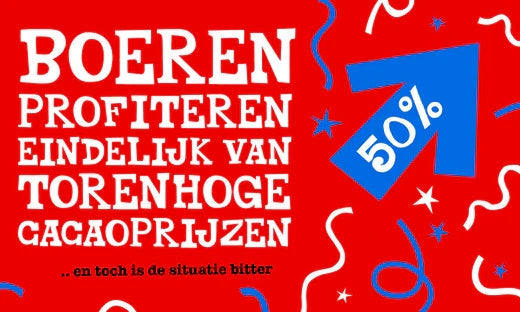Het aanpakken van de problemen in de cacao-industrie
Tony’s Chocolonely bestaat om een einde te maken aan alle vormen van uitbuiting in de cacao-industrie. We kiezen er daarom bewust voor om te werken met partnercoöperaties in Ghana en Côte d’Ivoire, gezien daar meer dan 60% van de wereldwijde cacao wordt geproduceerd. En er daardoor de grootste problemen zijn.
Alleen al in deze twee landen zijn 1,56 miljoen kinderen van cacaotelende gezinnen betrokken bij kinderarbeid, zijn 30.000 mensen slachtoffers van dwangarbeid en is sinds januari 2019 alleen al 60.000 hectare tropisch bos gekapt voor cacaoproductie.










